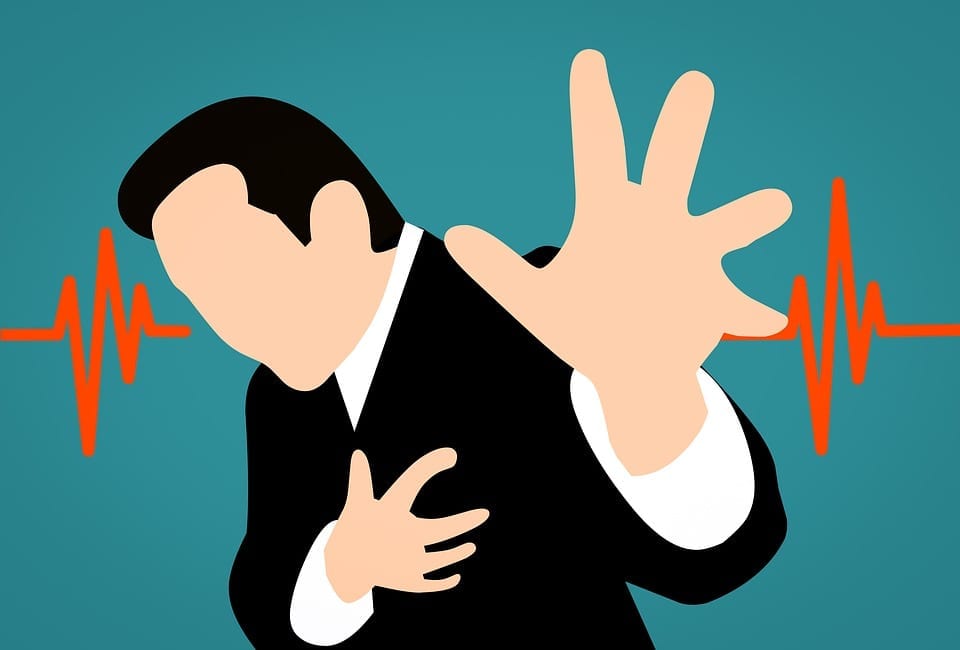Q: What is a silent heart attack?
A: We all know the stereotype of a heart attack: A person suddenly clutches the chest in great pain and then keels over.
Doctors view chest pain as a red-flag indicator of a possible heart attack (damage to the heart muscle caused by a lack of oxygen-bearing blood to the heart). Chest pain may also signal ischemia, a restriction of blood flow to the heart.
But heart attacks and ischemia without pain are surprisingly common. A silent heart attack occurs without any pain or other characteristic symptoms, such as shortness of breath.
Silent heart attacks are typically detected well after the event, through an electrocardiogram. The aftereffects of silent heart attacks are no different from their symptomatic counterparts. The damage may range from mild to severe and they put the patient at increased risk of future heart attacks, which may or may not be silent.
As we expand our knowledge of heart disease, we?re learning that women often do not experience the classic and obvious heart attack symptoms. In women, the symptoms may sometimes be silent, or they may just be subtle, so that the woman attributes her symptoms to indigestion or other causes. Silent heart attacks are not limited to women, although it?s believed women have them a little more often than men. Diabetics are also more prone to silent heart attacks.






Be the first to comment on "What is a silent heart attack?"